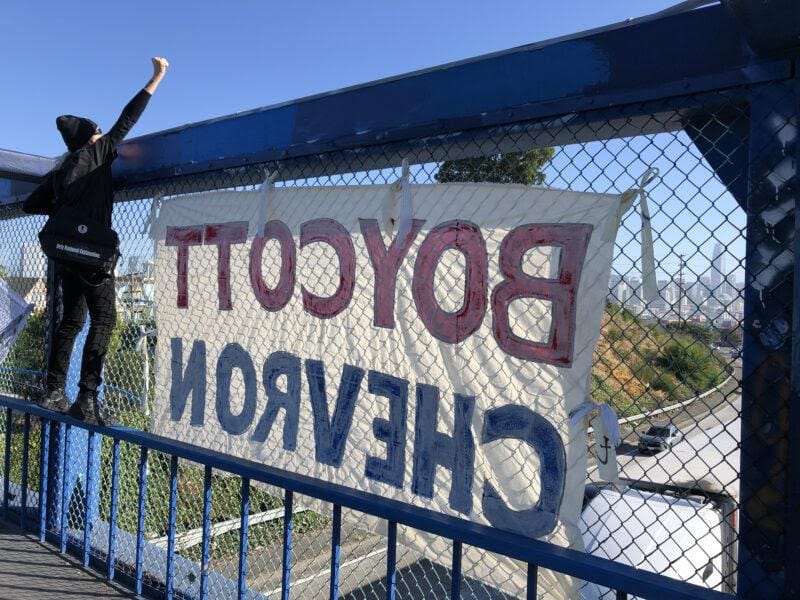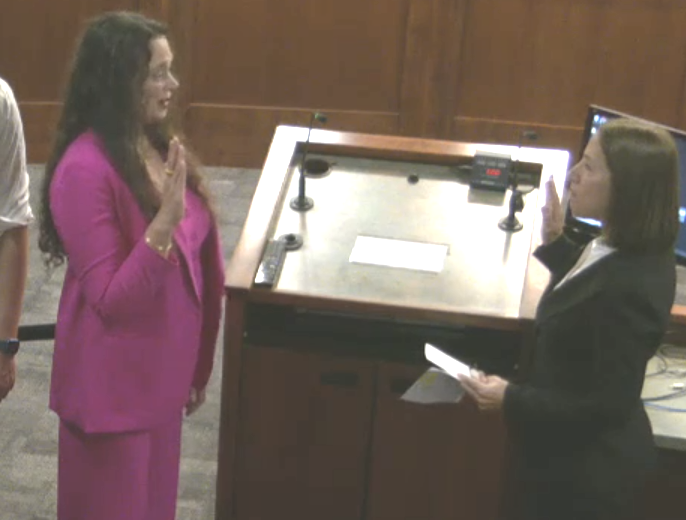Coordinated Actions Expose Chevron's Destruction, Human Rights Abuses Before Shareholders Meeting
Why is Chevron able to get away with its sordid record of human rights violations, environmental devastation and complicity with genocide?

Why is Chevron able to get away with its sordid record of human rights violations, environmental devastation and complicity with genocide?


It is no mistake that the oath starts with a vow to protect our Constitution and the rights bestowed on Americans

To date, Elk Grove Mayor Bobbie Singh-Allen is the only person on the City Council who is being challenged

Former Philippine President Rodrigo Duterte is being held in The Hague awaiting trial at the International Criminal Court for alleged crimes against humanity

Meetings and events this week in Elk Grove